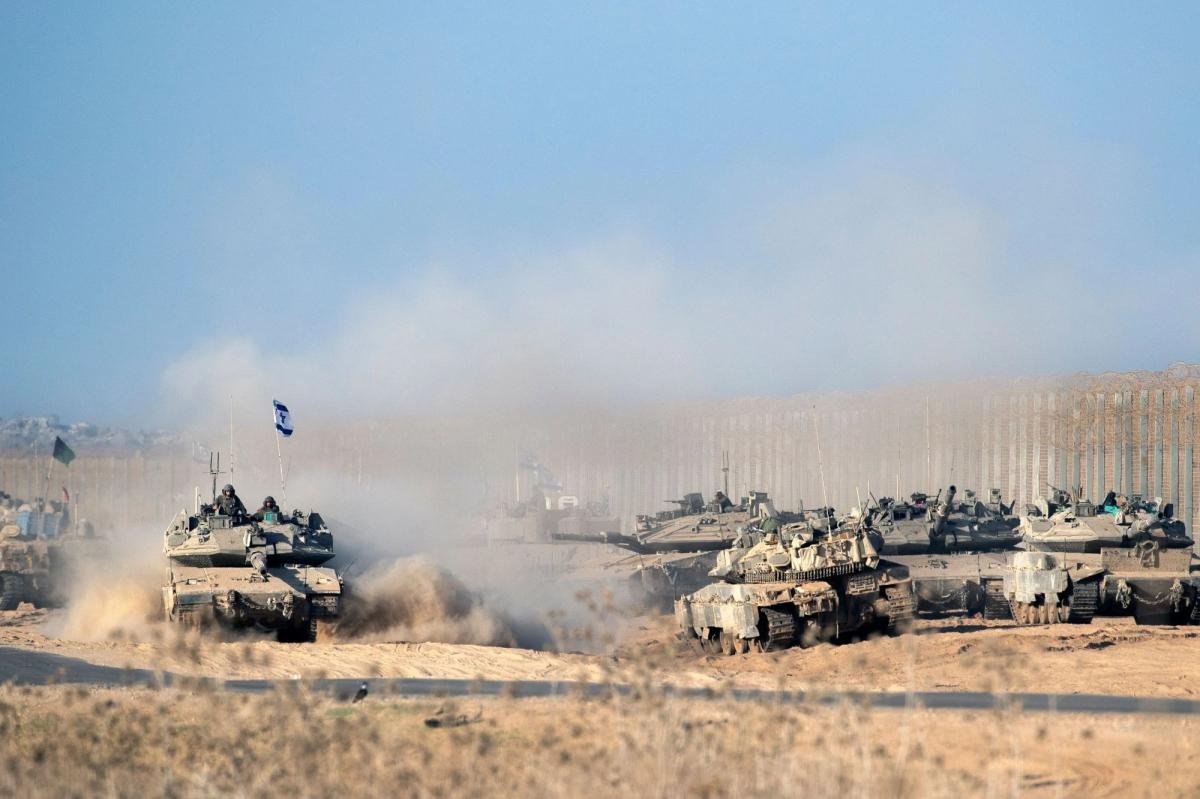
What to do – and what not to do – to make sure the Gaza ceasefire holds

The 20 hostages held by Hamas for two years in terror tunnels have now returned home to their families.
Fulfilling this non-negotiable Israeli demand is an answered prayer for the families of the hostages and a major accomplishment for President Donald Trump.
Unfortunately, more severe challenges loom on the horizon: the return of the remaining murdered hostages, ceasefire violations, the establishment and deployment of an international stabilization force in Gaza, and the disarmament of Hamas, among these.
In order to keep the agreement on track, secure American interests, strengthen Israeli security, and build a better future for the Palestinians, Trump must maintain a clear view of these challenges — and be cautious when it comes to offers of assistance from Turkey and Qatar.
The 20-point Gaza peace plan calls for the return of “all hostages, living or dead,” within 72 hours of Israel publicly accepting the agreement.
This deadline has come and gone, and the families of the thirteen murdered hostages are still suffering and waiting for the file to be closed.
If Hamas fails to honor its commitments and return the hostages’ bodies, Israelis will understandably be angry — and Washington may struggle to hold the agreement together.
Maintaining the fragile ceasefire is also a major challenge.
The largest ceasefire violation to date occurred on Sunday, when terrorists (likely from Hamas) opened fire on Israeli forces, killing two soldiers and wounding others.
In response, the Israeli army Air strikes were carried out Targeting Hamas infrastructure.
The development and deployment of Israeli security forces, intended to serve as a “long-term internal security solution” in Gaza, will represent another major hurdle.
This will require well-trained, well-armed personnel in sufficient quantities, sent by governments willing to see their forces suffer casualties fighting and kill members of Hamas and other terrorist groups if they refuse to disarm.
Hamas is unlikely to behave as the British did during their surrender at Yorktown in 1781, voluntarily placing their weapons in piles while the Americans and French stood nearby.
So what should be done?
As a first step, Washington should not welcome foxes into the chicken coop.
Many experts consider Egypt, Azerbaijan, Indonesia, and Turkey to be the main candidates to serve as troop-contributing countries to the Internal Security Forces.
Egypt will certainly have to play a leadership role, and Azerbaijan and Indonesia may be able to help — but Trump should think twice before welcoming a role for the Turkish military in Gaza.
After Hamas committed the worst single-day murder of Jews since the Holocaust on October 7, Turkish President Recep Tayyip Erdogan praised the terrorist group and hosted some of its senior figures, such as Ismail Haniyeh, Khaled Meshal, and Saleh Al-Arouri.
When justice was served for Haniyeh in Tehran in July 2024, Erdogan declared a national day of mourning and ordered flags to be flown at half-mast at Turkish embassies around the world, including in Tel Aviv.
Erdogan repeatedly emphasized that Hamas is not a terrorist organization.
If the goal is to dismantle Hamas, Türkiye is clearly not the ideal candidate.
For its part, Qatar pumped hundreds of millions of dollars in annual aid to Gaza before October 7.
Israel hoped this money would placate Hamas, but there is good reason to believe that much of it helped fund weapons, infrastructure, and training for Hamas.
When it comes to Qatari money in Gaza and its effects, we should worry that past is prologue.
It is true that both countries played some role as interlocutors to get to this point — but regardless of what Ankara and Doha may say, Trump would be wise not to look to Hamas’s main backers and financiers to play a constructive role in dismantling the terrorist organization.
If these two governments say they want to help, Trump should demand that they use their ties to the Muslim Brotherhood to force Hamas to play by the rules.
They must convince Hamas to return the remains of all the hostages it killed, end all ceasefire violations, disarm it, and stop its brutal attacks on other Palestinians.
If Turkey and Qatar refuse to exert their influence in this way, Trump should make clear that Israeli military operations against Hamas may resume — and that the blame for this will fall on the terrorist organization and its supporters in Ankara and Doha.
Achieving the release of the 20 hostages was a long-awaited return to their families and an extraordinary achievement for the Trump administration.
To build on this success and capitalize on this rare opportunity for Israelis and Palestinians alike, Trump should bring a healthy dose of skepticism to the table as he works to achieve a lasting peace.
Bradley Bowman is senior director of the Center on Military and Political Power at the Foundation for Defense of Democracies.













Post Comment